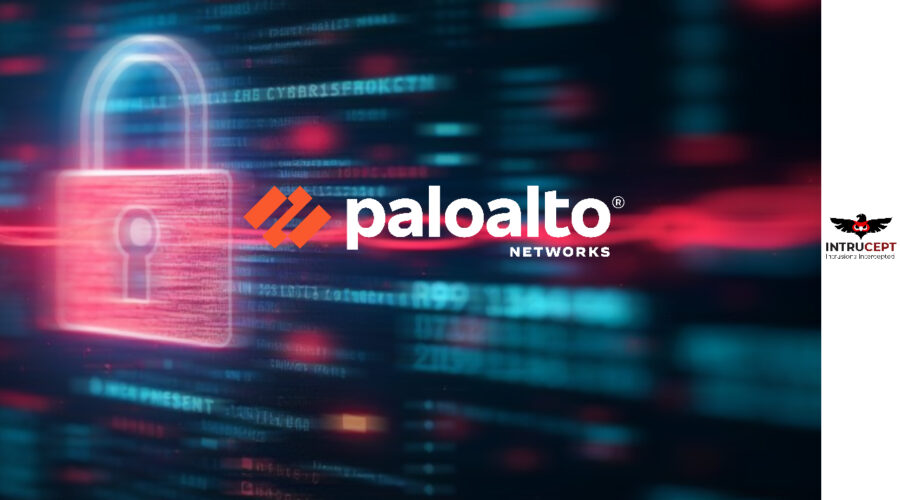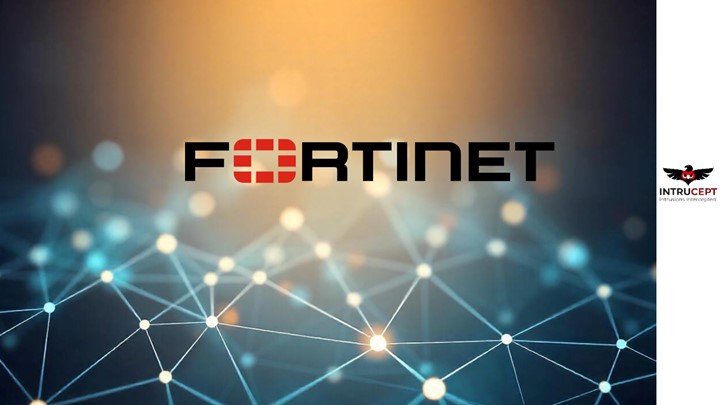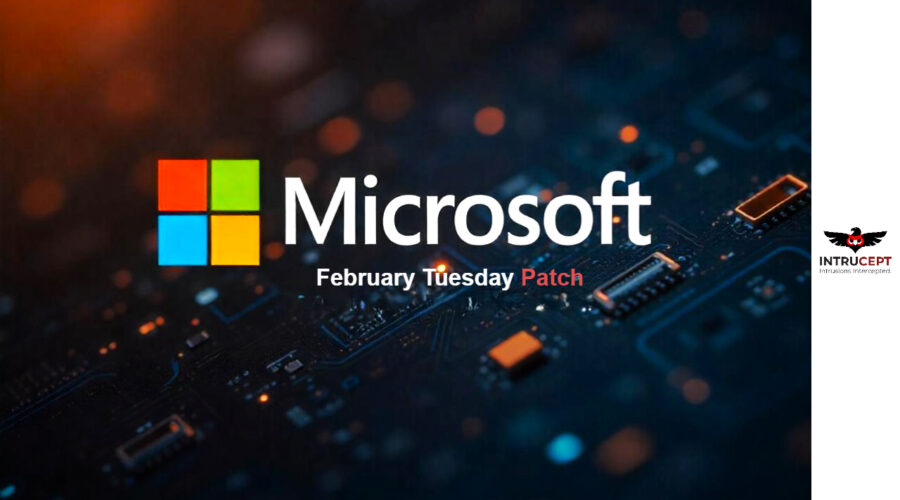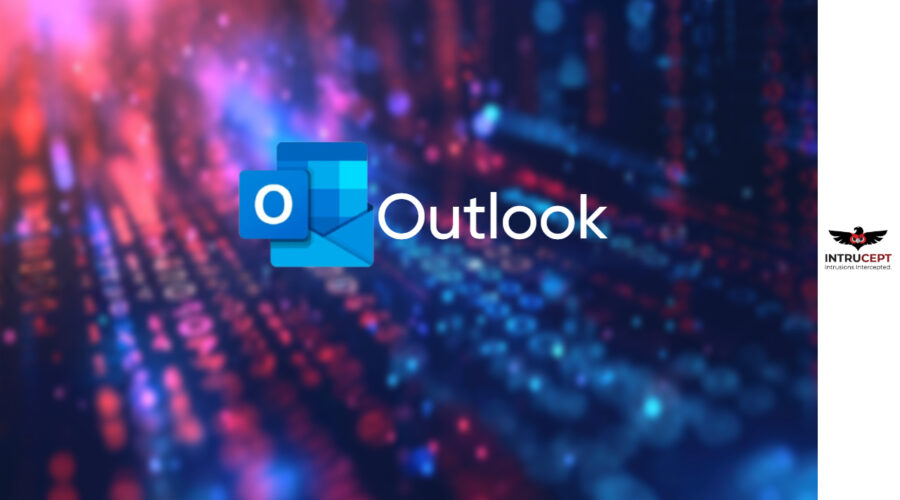High-Severity DoS Vulnerability in Cisco NX-OS Software
MPLS Encapsulated IPv6 Denial of Service Vulnerability
| OEM | CISCO |
| Severity | High |
| CVSS score | 7.4 |
| CVEs | CVE-2025-20111 |
| Exploited in Wild | No |
| Patch/Remediation Available | Yes |
| Advisory Version | 1.0 |
Overview
A high-severity vulnerability (CVE-2025-20111) in Cisco Nexus 3000 and 9000 Series Switches operating in standalone NX-OS mode could allow unauthenticated attackers to trigger a denial-of-service (DoS) condition by sending crafted ethernet frames, leading to unexpected device reloads.
| Vulnerability Name | CVE ID | Product Affected | Severity |
| Denial of service vulnerability | CVE-2025-20111 | Cisco Nexus | High |
Technical Summary
The vulnerability originates from improper handling of specific Ethernet frames within the health monitoring diagnostics of Cisco Nexus switches.
An unauthenticated, adjacent attacker can exploit this flaw by sending a sustained rate of crafted Ethernet frames to a vulnerable device. Successful exploitation results in repeated device reloads, disrupting network operations and potentially impacting high-availability environments.
| CVE ID | System Affected | Vulnerability Details | Impact |
| CVE-2025-20111 | Nexus 3000 Series: 3100, 3200, 3400, and 3600 models Nexus 9000 Series: 9200, 9300, and 9400 switches running standalone NX-OS | Improper handling of specific Ethernet frames in health monitoring diagnostics | Repeated device reboots, potential network downtime |
Remediation:
- Apply Software Updates: Cisco has released patched software versions to address the vulnerability. Network administrators should upgrade affected devices immediately.
- Use Cisco Software Checker: Organizations should verify their exposure using Cisco’s Software Checker tool to identify the earliest fixed release.
- Implement Workarounds: If immediate patching is not feasible, organizations can mitigate risks using Access Control Lists (ACLs) to filter anomalous Ethernet frames targeting the health monitoring subsystem.
Conclusion:
CVE-2025-20111 presents a significant risk to enterprise and data center networks relying on Cisco Nexus switches. While there is no known active exploitation, organizations should prioritize patching and mitigation strategies to prevent service disruptions. Proactive monitoring and adherence to Cisco’s security advisories will help ensure network resilience against potential exploitation.
References:










